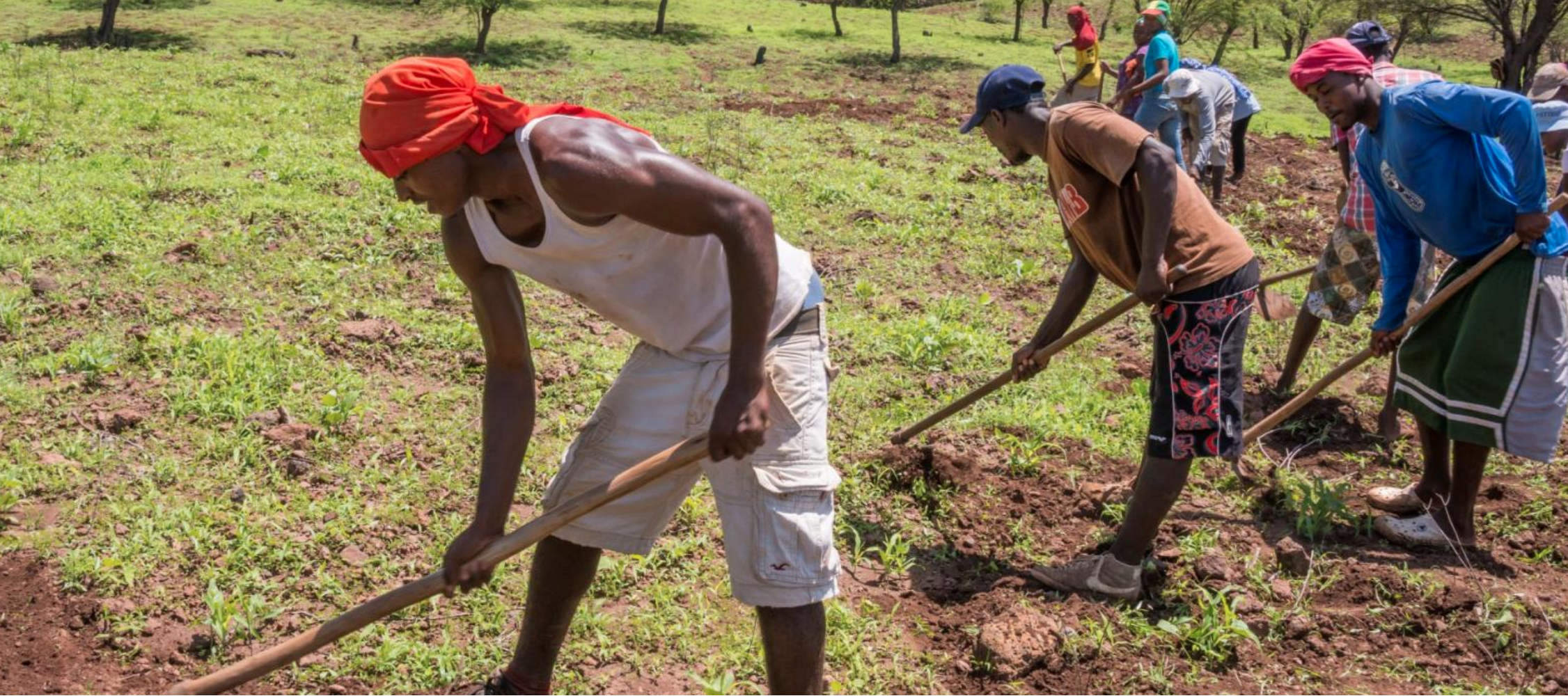
WRI Insight: How Philanthropy Can Boost Adaptation Finance in Developing Countries
21.03.2025
The deadly destruction around the globe from increased floods, scorching temperatures and other extreme weather events exacerbated by climate change is setting back progress on economic development in developing nations.
These events contribute to a vicious cycle of deepening poverty and worsening vulnerability to climate change. This means that investing in adaptation and resilience — helping nations and communities not just prepare for and recover from climate impacts but have the infrastructure in place to stand up to future climate-related challenges — is crucial to boosting their development and well-being. Investing more on adaptation also generates a stream of fiscal and economic savings by avoiding future losses.
Yet investments in developing countries seriously lag behind growing adaptation needs. Among developing countries, financing for adaptation and resilience remains far below the $215 billion to $387 billion needed annually by 2030. In Africa, for example, increased spending on resilience is critical for food security, improving livelihoods, protecting supply chains and avoiding health crises from heat and drought. Also, until recently, global financing for loss and damage has received little attention despite major climate related disasters impacting communities.
To read the full insight click HERE
